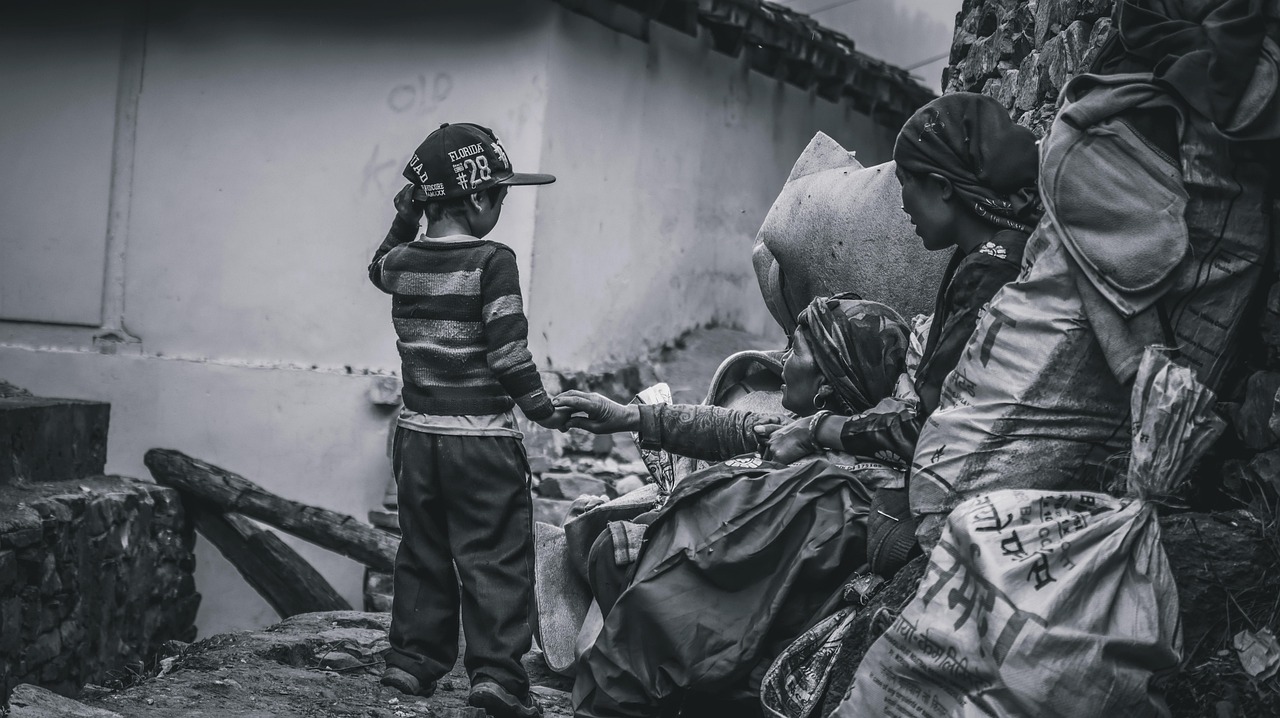Context
Yemen’s prolonged conflict has devastated its education system, leaving over 2 million children out of school and 4.7 million in need of support to ensure continuation of education. With over 80% of the population living in poverty and widespread displacement, children face heightened risks of malnutrition, child marriage, and psychosocial trauma. Damage to infrastructure, lack of learning materials, unpaid teacher salaries, and overcrowded classrooms further hinder learning. Girls, especially in rural areas, are disproportionately affected due to limited female teachers and inadequate WASH facilities. Pre-crisis learning levels were already critically low, with 95% of 10-year-olds unable to read and understand a short, age-appropriate text. A third of schools are damaged or destroyed, and even functioning ones lack essential resources. Strengthening access to basic education and rebuilding sector capacity is critical to ensuring learning continuity, and supporting long-term resilience and recovery in Yemen’s most affected districts.
Solution
The Restoring Education and Learning (REAL) project focuses on improving access to basic education and enhancing learning conditions in selected Yemeni districts, emphasizing flexibility, innovation, and local capacity building. It is jointly funded by IDA and GPE and implemented by UNICEF, World Food Programme (WFP), and Save the Children.
Target schools are selected based on vulnerability and needs, and each receives a core support package comprising teacher incentives and training, school feeding, learning materials, and infrastructure rehabilitation. Teachers receive performance-based cash transfers and training in pedagogy, psychosocial support, and assessments. School feeding programs, including snacks and warm meals, promote enrolment and nutrition, especially for vulnerable children. Materials for literacy and numeracy are distributed along with basic school supplies. Infrastructure work addresses WASH facilities, temporary classrooms, and climate-resilient adaptations.
A second component supports alternative learning through remote modalities during crises and strengthens education governance at national and local levels. Implementation involves the Ministry of Education, with strong emphasis on community participation, gender equity, and system-wide resilience.
Impact
As of 2025, the REAL project has completed three academic years of implementation, delivering school feeding, teacher incentives, and remedial education. Nearly 440,000 children received nutritional support, and 37,253 teachers benefited from salary support and incentives. Remedial education reached 120,000 students across 1,043 schools, while infrastructure improvement packages were delivered to 806 schools. In 2024 alone, 10,330 teachers received training, and 5,400 were evaluated and supported to improve classroom performance. Additionally, 2,391 school leaders were trained in instructional leadership and school improvement planning, and 421 Ministry of Education staff received targeted capacity-building support.
From 2021 to 2024, enrollment in grades 1-3 increased by nearly 10%, and the transition rate from Grade 3 to Grade 4 remains at 92%, well above the target of 80%. However, further evaluations are required to determine the extent to which these outcomes can be directly attributed to the intervention. Further evaluations and assessments are necessary both to identify the long-term impacts of the project and to determine the extent to which its outcomes can be sustained over time.












